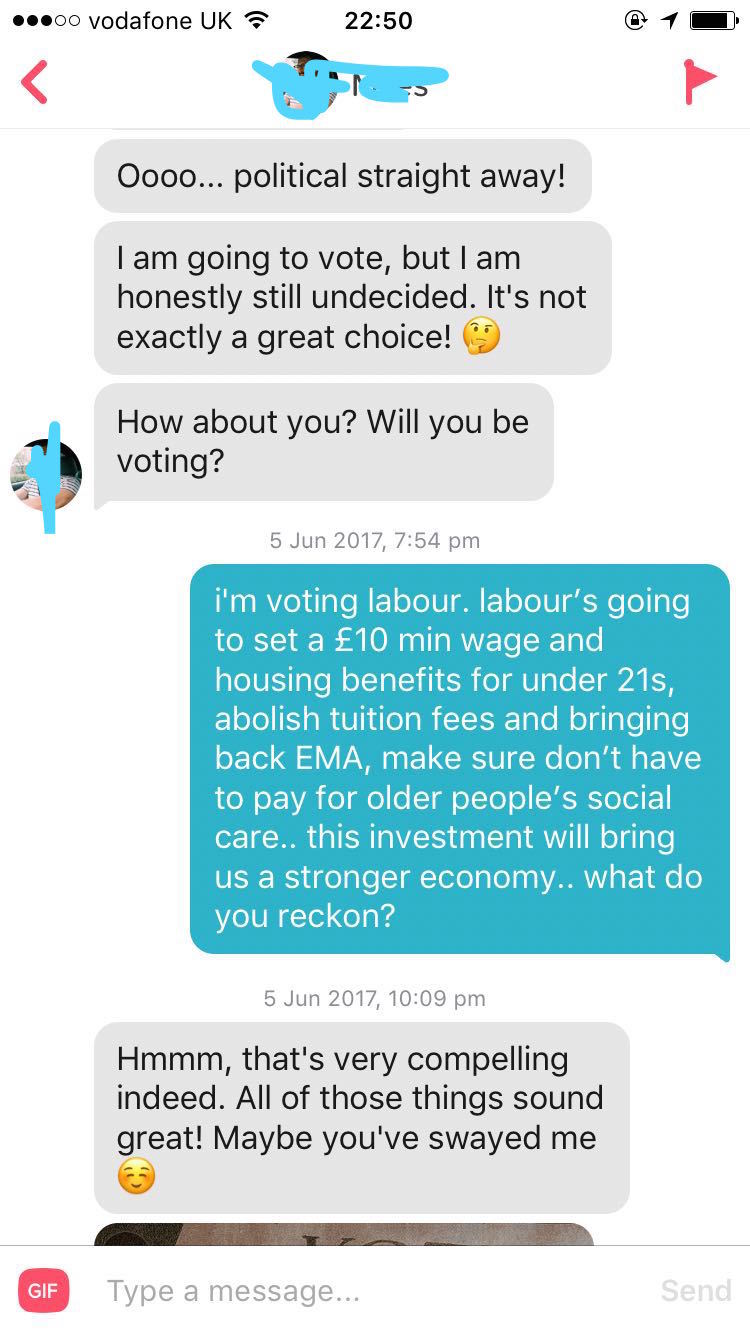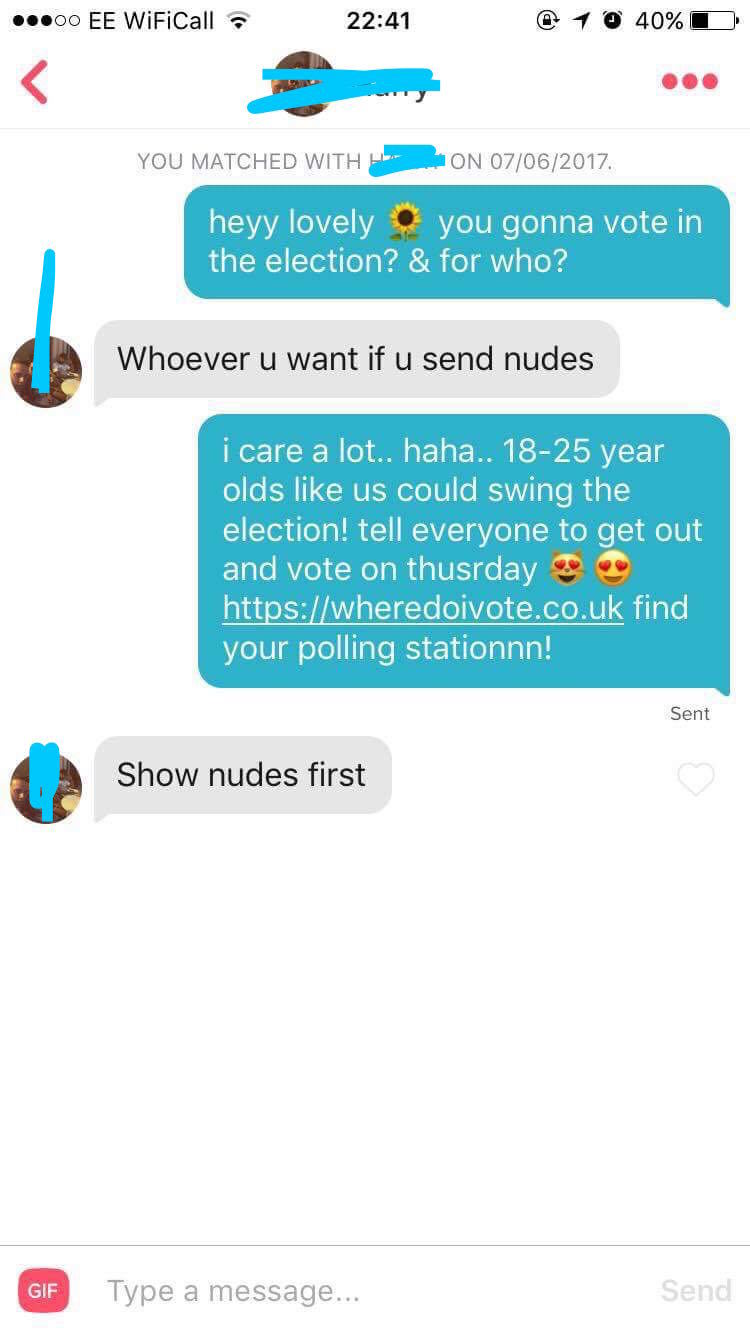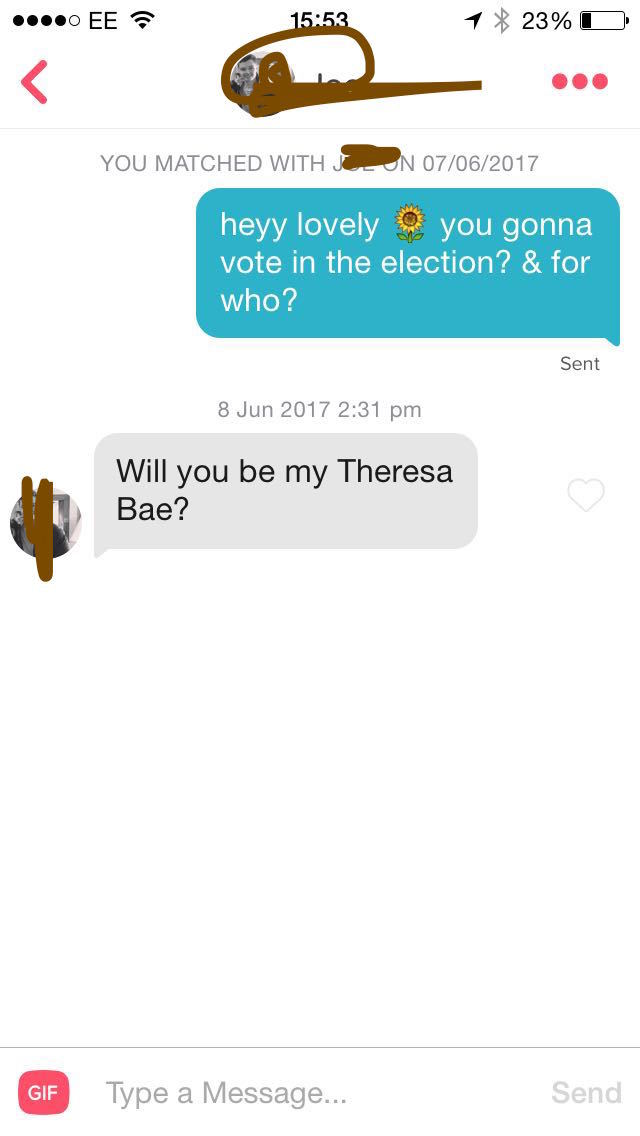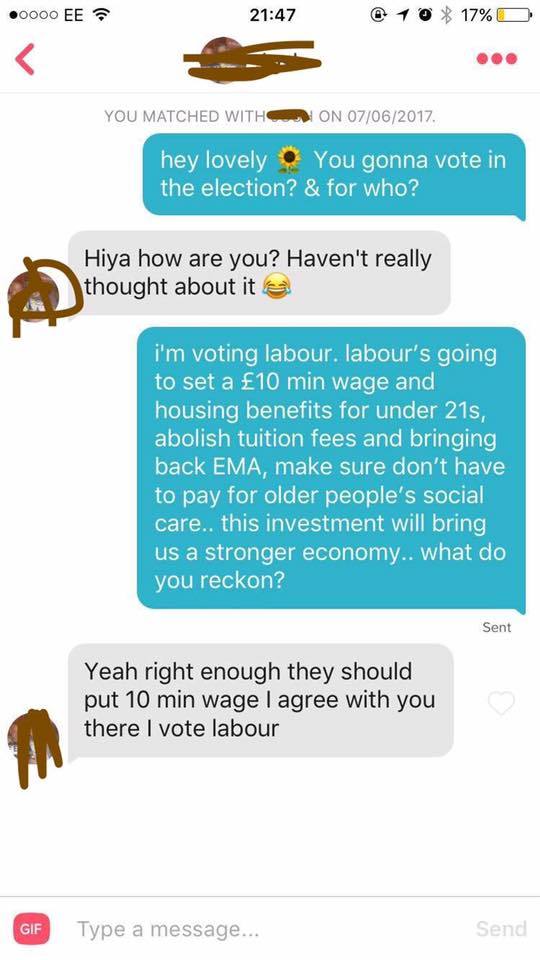Last Thursday, we witnessed the highest youth vote cast in the UK since 1992. 66.4% of 18-24 year olds headed to the polling booth to cast their votes and makes their voices heard, according to the House of Commons turnout statistics. After interminable claims against a younger generation of voters as ‘apolitical’ and ‘apathetic’, our generation has been vindicated by its activity in last week’s election, while our critics have been forced to eat their words, as well as their majority.
But, as the internet saying goes, Who Did This? Why was this election of particular appeal to young voters? Voters who were statistically more likely to vote on the left, with 63% of 18-34 year olds backing Corbyn, and only 27% opting for the weak and wobbly? The layers are multifarious, with the first and foremost being the man himself, good old JC.
Good old JC, who promised an end to tuition fees, introduce a £10 minimum wage, the return of EMA, reinstate housing benefits for the young, and an assurance that the youth won’t have to individually foot the bill for the social care of an ageing population, while dedicating a page of the Labour manifesto to LGBTQIA+ folk, who are in a higher percentage among younger generations. Beyond this, Corbyn’s dedication and trust in the UK’s youth ignited a fire and galvanised a new trust in politics among a generation where the youth’s voice has never really been heard in our voting lifetime.

But bringing the vote out was also dependant on the deployment of new techniques developed by the young, for the young. Grime artists came out in support of Corbyn, and in support of registering to vote. Social media sharing actually managed to do the unthinkable and pierce the echo chamber, with feeds brimming with political news, updates and rallying cries. Those on the left, rather than trying to decode right-wing media coverage, formed their own blogs and turned to trusted left-leaning outlets for their news, while the Tories spent £1.2m on slanderous campaigns against Corbyn that fell on deaf ears.
But even after all of this, we were left with a lot of marginal seats. In so many places it’s become cool to be woke: and although it’s not a passing trend, because it actually is cool to be woke, in the past we’ve been fooled by our liberal bubbles into thinking everyone our age thinks like us.
How do you crack the walls of the echo chamber? 24-year-old Yara Rodrigues Fowler and 25-year-old Charlotte Goodman found a way, dreaming up the Tinder Election Bot. “On the day that voter registration closed, Yara had the bright idea of telling all her Tinder matches to register,” Charlotte told i-D. “She had seen a lot of Facebook statuses that day urging voter registration, and she realised that one platform on which she could reach people who might not have registered already was Tinder. On Tinder you speak to people who are outside your own bubble, and people pay attention to Tinder notifications on their phone, so they would probably read her message.”
The pair were already politically active, and live in Poplar and Limehouse, which is at a 17,000 Labour majority. So after Yara’s registration day Tinder trysts, in which she convinced a fair few people to register, the pair decided to approach Erika Pheby (23) and Kyle Buttner (25), who could make a bot that could connect Tinder accounts with young potential voters in marginal seats: think flirty canvassing.

“Volunteers ‘donated’ their Tinder profiles for two hours at a time to run the bot,” Charlotte explains. “Each volunteer set their ‘preferences’ on Tinder to 18-25 year olds. The bot then put the volunteer’s profile into one of the key marginals on our list, where it swiped ‘yes’ to everyone and sent them messages using a reactive script. The script encouraged tactical voting against the Tories, for example, by encouraging turnout and sending a link to help people find their polling station, or asking the match to vote tactically (if, for example, they were voting Green in a Labour-Tory marginal). If people were undecided it sent them a list of Labour policies. People could still use their Tinder at the same time, so they could participate and have conversations with their matches alongside the bot.”
The pair were able to reach people via Tinder that traditional methods of campaigning wouldn’t have put them in contact with. They decided that Tinder was the medium by which to do so because it’s candid, yet impersonal, a distraction yet fair game for many kinds of conversation. Yara and Charlotte also highlight the importance of the accessibility of this kind of campaigning.
“This type of canvassing is also more accessible for activists who are left out of traditional methods like door-knocking: you can run this bot from home, in your own time. Disability activist and writer, Nathalie Wright, told us: ‘It made canvassing more accessible, I could do it in my own time on my own terms, as much or as little as I wanted. This reflects a bigger shift this election, where politics has been made more accessible and relevant to people who are usually marginalised.'”

The team are still running numbers and collecting data, but rough estimates predict that the bot sent between 30,000-40,000 messages to 18-25 year olds in marginal constituencies. “We can’t yet measure the impact, but there are some constituencies where the vote was very close, like Dudley North, which Labour won by 22 votes. We will have sent hundreds of messages to voters in that seat. Anecdotally, we’ve heard of messages sent to matches who were undecided voters and ready to have their minds changed.”
As much as this election was not an outright victory for Labour, it’s certainly not a loss. The high youth turnout undoubtedly swayed many seats in favour of Labour and the left preventing Theresa May running out of her wheat field and comfortably into a majority.
While traditional means of campaigning are still incredibly important, we must look to new ways of using the technology and connectivity we have to enmesh various campaigning techniques, to continue spreading messages beyond the five people in our ‘Wanna Canvas Tonight?’ WhatsApp groups. If predictions are right, and we are heading for another snap election in the latter part of the year, it looks like it’s time to re-download Tinder and replace those naughty nudes with political pull. Last week’s election proved that the youth have a rightful and effective voice in British politics and, now more than ever, we must spread that seed far and wide.
Read: The great Instagram debate – Has the app helped or hurt the fight against fashion plagiarism?
Credits
Text Tom Rasmussen
